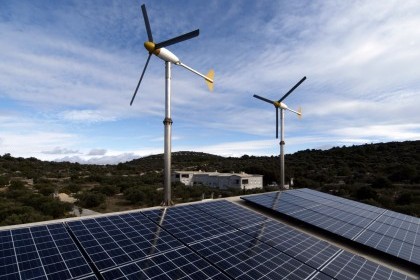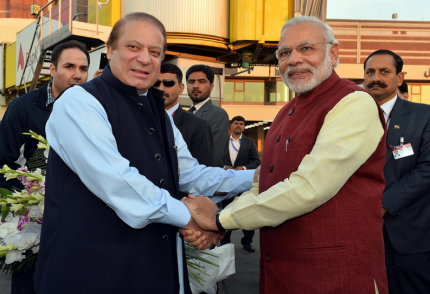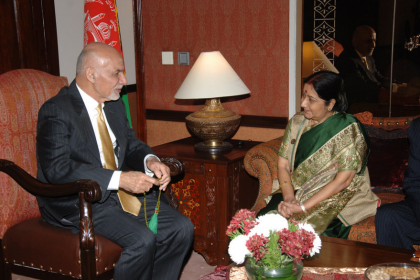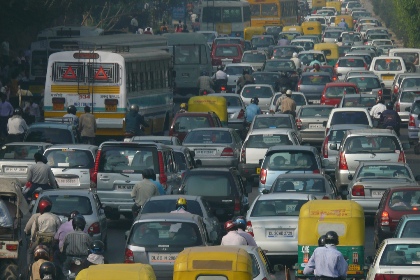Financial hedge for India’s oil risk
India could save $80 billion annually if oil prices stay at the current 12-year low. Policy-makers must use this opportunity to lock-in energy prices for the long-term. Financial markets, through futures and options, offer a way to make these savings permanent, and the Ministry of Finance must formulate ground rules for hedging.


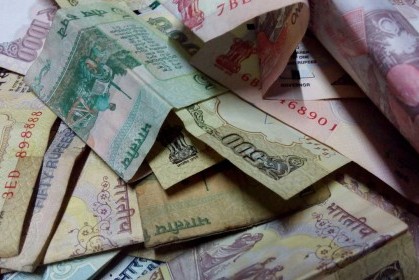

![DSC_0211[1]](https://www.gatewayhouse.in/wp-content/uploads/2016/01/DSC_02111-e1452754538418.jpg)

